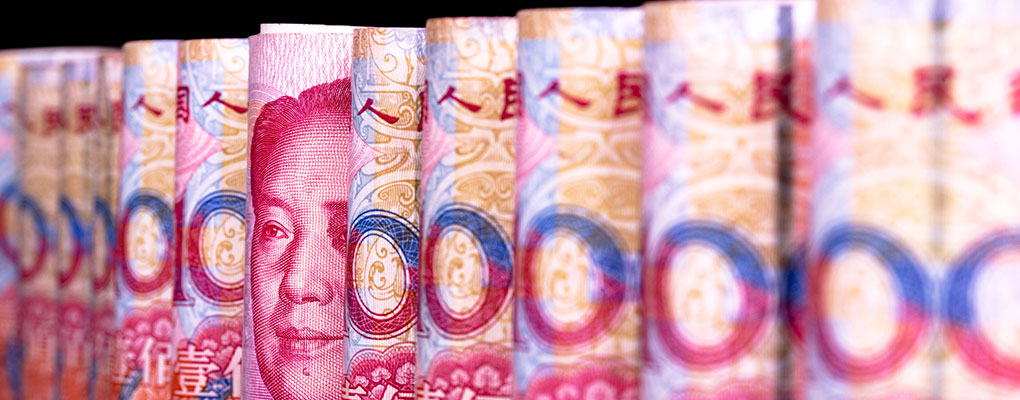
There has been a broad agreement that the Chinese government, through tight monetary controls, has kept its currency undervalued. Individuals and institutions, from Ben Bernanke and economist Paul Krugman to the IMF and the US Treasury, have all in the past accused China of depressing the value of its currency to gain an unfair advantage for its exports. The IMF, however, now says that China’s currency is no longer subject to manipulation.
The issue of how China values its currency has long been a sticking point in American politics
After a consultation mission to China, officials at the IMF concluded that “[w]hile undervaluation of the renminbi was a major factor causing the large imbalances in the past, our assessment now is that the substantial real effective appreciation over the past year has brought the exchange rate to a level that is no longer undervalued”.
The issue of how China values its currency has long been a sticking point in American politics, with politicians from both parties partnering up to urge President Obama to take action, alleging that the undervalued renminbi hurts American exports. In February, the New York Times reported that there was “a growing bipartisan majority in Congress” dedicated to addressing currency manipulation, which poses a danger to the passing of the Trans-Pacific Trade Partnership. No American president has ever taken action against a country to currency manipulation, China included.
The IMF repeatedly accused China of flouting the trade organisation’s rules that bar countries from manipulating their currency to gain an unfair competitive advantage, but was largely seen as powerless and unable to enforce its conventions. In the past China simply rebuffed allegations with the claim that it was controlling its currency valuations for domestic reasons.
While the undervaluing of China’s currency has boosted the country’s exports, the result has been downward pressure on the internal spending power for Chinese citizens. China is now seen as moving away from its model of a low-wage export-led model of growth as it reaches the so-called Lewis Turning Point and transitions to a more developed economy.


